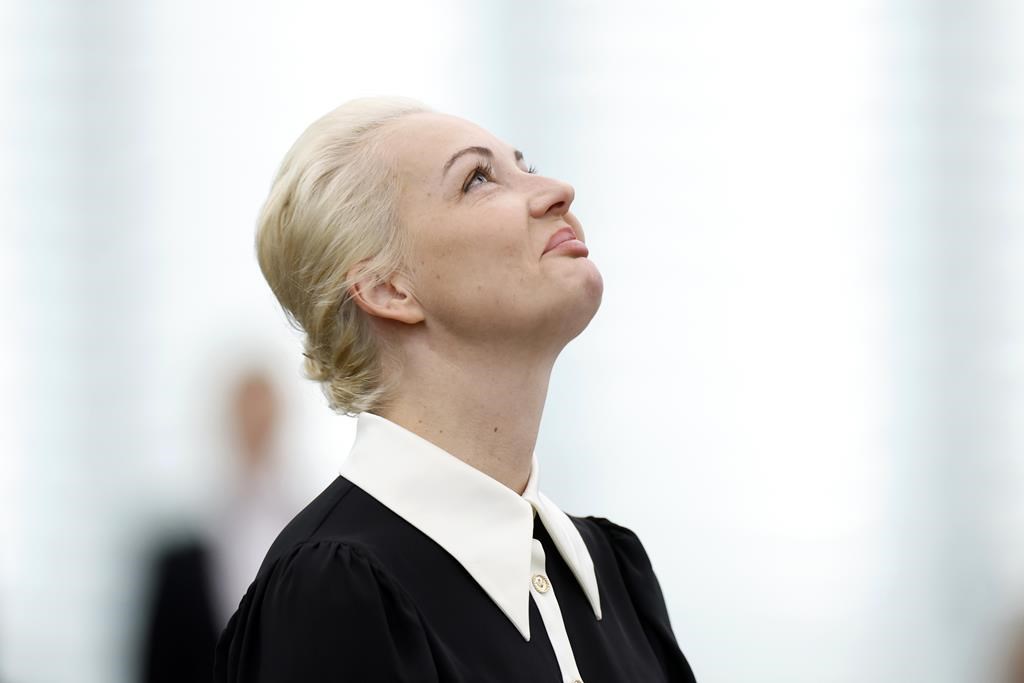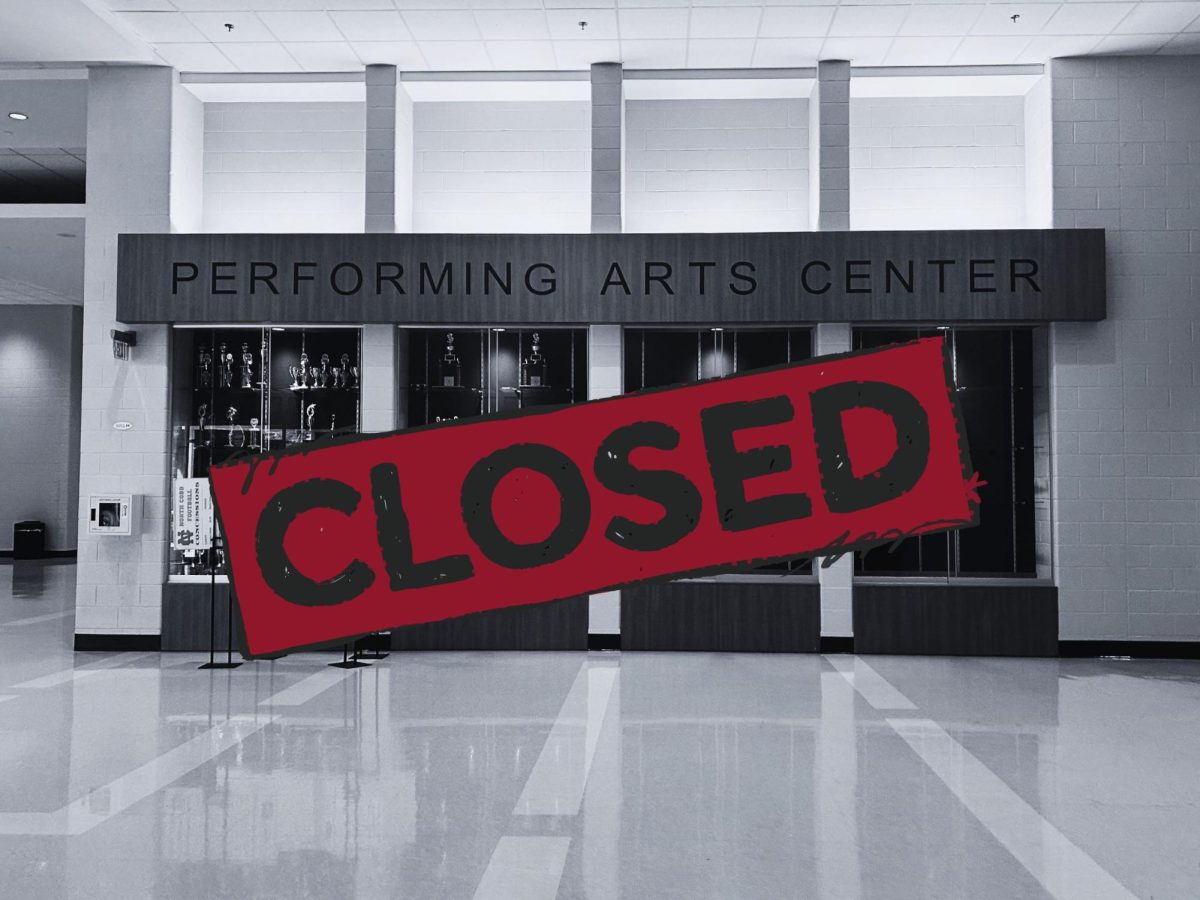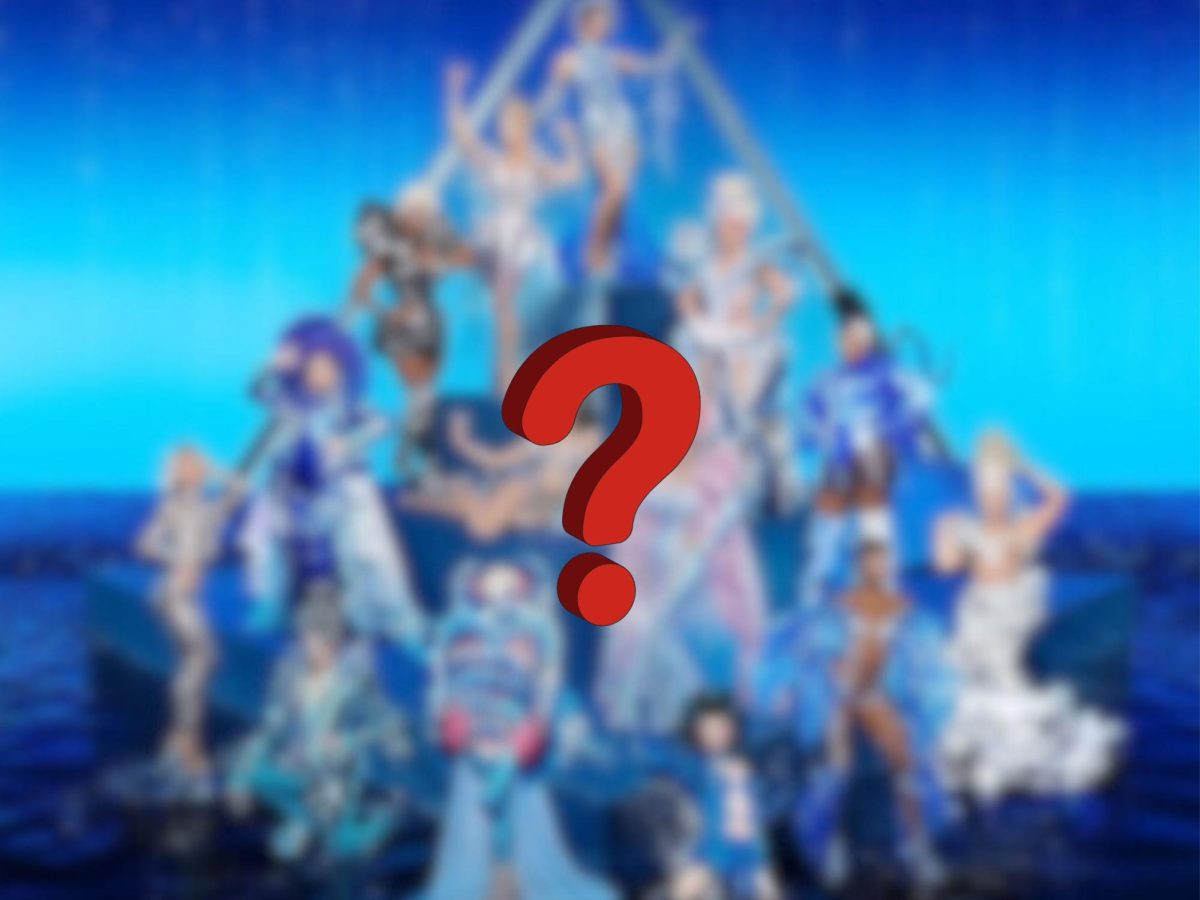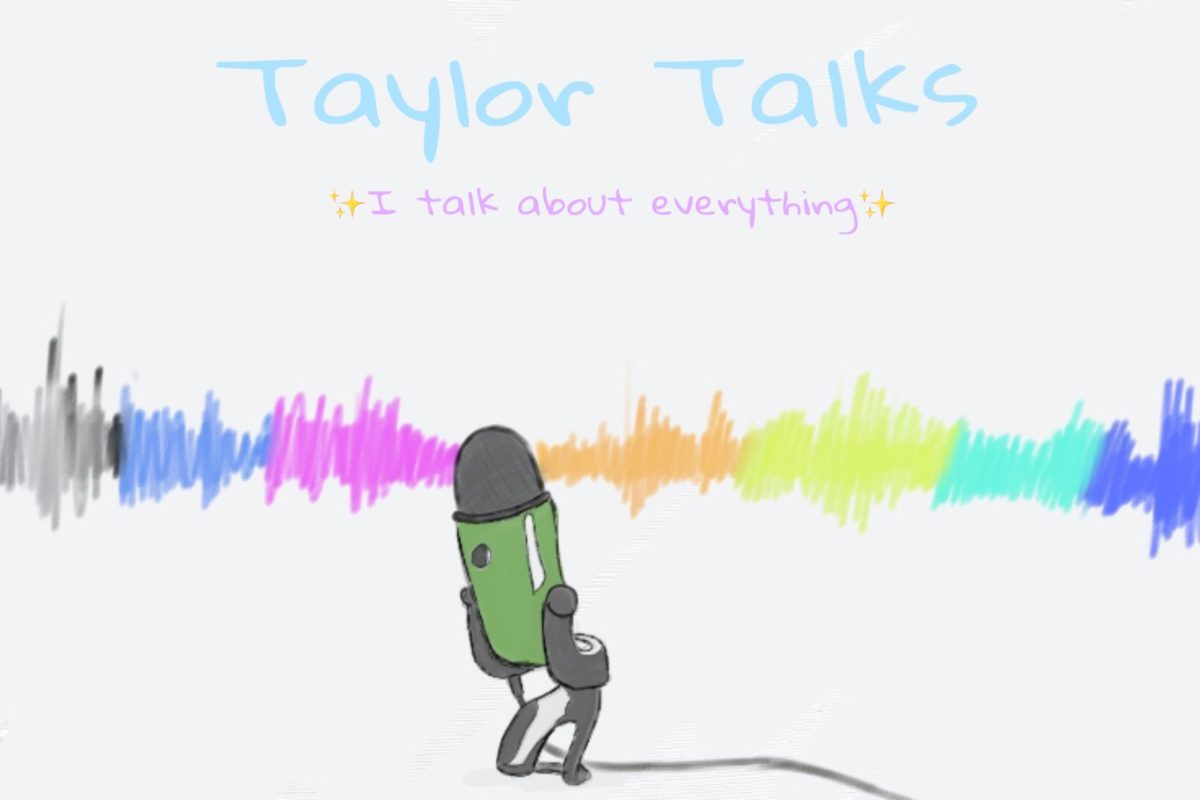Yulia Navalnaya, widow of anti-corruption activist and politician Alexei Navalny, took to the European Parliament chamber to impart a chilling message about her late husband. In her speech, she directly accused Russian President Vladimir Putin and the Russian government of orchestrating Navalny’s death and pleaded with the European Union to halt their negotiations with Putin.
In Russia, those who disapprove of Putin’s leadership and his controversial politics turned to Navalny for his confidence as an activist. From 2011 to 2021, Navalny used social media networks to educate Russians — and the world — about the intricacies of Putin’s corrupt leadership and the poor lives Russians live due to his toxic actions against the public. Navalny’s content stood as an educated criticism of Russian politics, communicated simply to entice viewers of all ages and build education levels. In America, this form of commentary remains common and encouraged, but, in Russia, Navalny’s content stood as an act of defiance against Putin himself.
“If you really want to defeat Putin, you have to become an innovator…You can’t hurt Putin with another resolution or another set of sanctions that is no different from the previous ones…You aren’t dealing with a politician but with a bloody mobster…The most important thing is the people close to Putin, his friends, associates and keepers of the mafia’s money…You, and all of us, must fight this criminal gang [the Russian government],” Navalnaya said.
Every year Navalny engaged in political society, his popularity increased, which unfortunately put Navalny in jeopardy with the Russian government. After numerous attempts to silence and even feasibly poison Navalny, Putin detained the political activist in 2021 for fraud and extremism-related charges.
Months before Navalny’s death, his spokesperson, Kira Yarmysh, announced that Navalny could not eat food in prison due to stomach pain. Supporters feared that the government poisoned Navalny, matching similar symptoms he experienced when the government unsuccessfully tried to kill him by poison years prior. These claims persisted for months between 2023 and 2024 until the Russian government confirmed Navalny’s death February 16, 2024.
Considering Russia’s continuous history of corruption, mounds of news sources immediately reported Navalny’s death as a murder orchestrated by Putin’s administration. The Russian government, however, dismissed Navalny’s death fairly quickly and redirected their attention to other matters, such as the Russian-Ukrainian war. Thousands of supporters joined together at Navalny’s funeral and chanted phases of defiance against Putin’s rule.
March 6, Navalnaya urged the public to protest all their local polls during the March 17 Russian elections. Putin will doubtlessly win the presidential election for his fifth term due to his tradition of ballot stuffing. Navalnaya believes that a public protest will ultimately display the Russian public’s distaste for Putin’s leadership.
“Navalny’s organization had been working on strategies of targeted voting where they encouraged voters to vote for candidates who could pull power away from the ruling party. This could break the back of the stranglehold United Russia has on local politics. However, organizing this sort of protest outside of the country is very difficult but I do think that it is incredibly admirable that she is trying to continue Navalny’s legacy through political movement,” AP Comparative Government teacher Carolyn Galloway said.

















